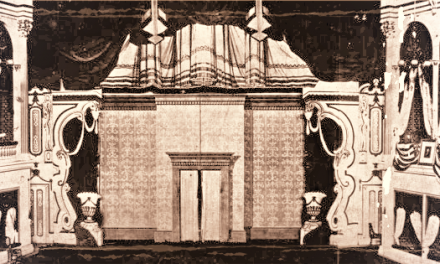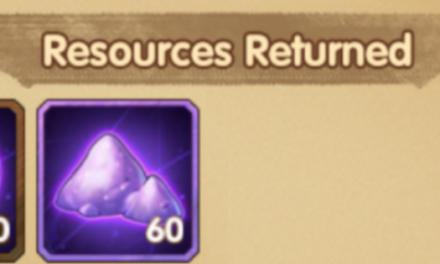Role-playing games encourage players to step out of their normal lives and to explore and develop stories that don’t necessarily match their own experiences. Aside from portraying other species like elves or goblins, or beings with immense cosmic power like vampires or mages, it’s an opportunity to portray different life choices, different consequences for those choices, and different circumstances all around.
A friend recently invited me to play in an upcoming game he was looking to run, and I began looking for character concepts. I’ve posted several to this blog recently, and with any luck there will be more to come soon. As I started to consider other, unique, or emerging stories that I had not played before, I ran into the dilemma of appropriation, and I wanted to address that in this post.
Starting at the close end, one of the concepts I came up with was for an aged woman. I am neither in advanced age nor have lived life as a woman, and so my hope would be that the experiences I have had, and the relationships with people in those specific demographics, would allow me to portray a realistic, well-rounded, and believable character in the imaginary game world. I don’t want to reinforce stereotypes, hand-wave away nuance or depth because it would be difficult, or minimize the experiences of very real people. It’s something I worry about.
Another concept was that of a black twentysomething, having grown up in a much harder and socially unjust world than I myself have. I don’t know what it’s like to spend years in prison, or to have an entire societal system biased against me. That character’s experiences are likely very, very different than my own, and in hoping to portray the rich and varied story of the character, I would often fear that from my position of ignorance I would do the very idea, the cultures to which I do not belong, a disservice.
Then I start to get farther afield. In this particular role-play setting, one group of mages is called the Verbena, who worship and practice the rituals of the “Old Gods,” often through ceremonies and practices that have been long stamped-out by modern organized religion (at least as two thousand years can be considered “modern”). My first thought was of a person of Nordic descent, as not only would this encourage me to re-dive into some very interesting mythological stories, but also portray something that is both different from my own experience but also not so far away as to risk the anxiety of mishandling a culture or group that has been largely marginalized in recent American history. I was excited for the concept, until I remembered that much of the traditional or historic Norse myth, culture, and symbolism has been co-opted by neo-facists and those who believe anyone who isn’t 100% white is somehow sub-human. I like the concept I came up with, but do not want to have any of that negative association, even in passing.
And then even farther from my daily experience. I imagined a Native American child, ostracized for his half-white heritage, eventually leaving the reservation and finding new life in the urban sprawl, but holding on to the stories and traditions of his grandmother, who vehemently believed in the spirits of old. My hope was that this would be an interesting way to bring a traditionally underrepresented ethnic culture into the game, and ensure that while the character had Native American ties, that it didn’t become the sole defining trait of the character. As I talked through this concept with a friend, I eventually grew less excited and more quiet. There would be no real way for me to do justice to a story like that, one that had undoubtedly been played time and time again in real life. I worried that as much as I would try, it would still end up being much more of a stereotype than I wanted, or that the idea deserved.
I strongly believe that seeings things from others’ perspectives is a necessary and valuable skill that should be regularly practiced, and one way to do that is to really listen to and believe the stories that are not my own. Role-playing gives me the opportunity to truly embody a character, at least for a few hours a week, and to slip into a life that doesn’t so closely resemble my own. That said, I also don’t want to accidentally have the experience reinforce the cultural or subconscious biases, assumptions, or stereotypes I may have for those who are different than myself.
If this game were a LARP (live-action role-playing), there’s no way I would portray anything other than a generic European white guy. Obviously there are variations and differences from a character’s background and my own, but the logistics simply aren’t there for me to accurately and faithfully portray the black, middle eastern, or asian experience, or even that of a woman or other group to which I do not belong. Because this game is table-top, one that gives me a fair amount of leeway to explore new ideas (from the game’s perspective), and the rest of the players are of a similar mind to me in not wanting to minimize or dismiss the history or experiences of others, I feel I have more trust or faith in the group to call me out if I do inadvertently role-play something that is disrespectful or too generic, but there’s still that worry.
All in all I suppose it’s a good thing that I worry about this kind of problem – that my fictional and made-up characters won’t be accurate or honest enough to fit into a world just slightly different than our own – but it still gives me pause and some degree of apprehension when I am designing characters. The last thing I want to do is take a compelling, interesting character concept and either be insulting or white-washing.
Yep, these are the thoughts that flit around my head at midnight as I consider my future role-playing career.















